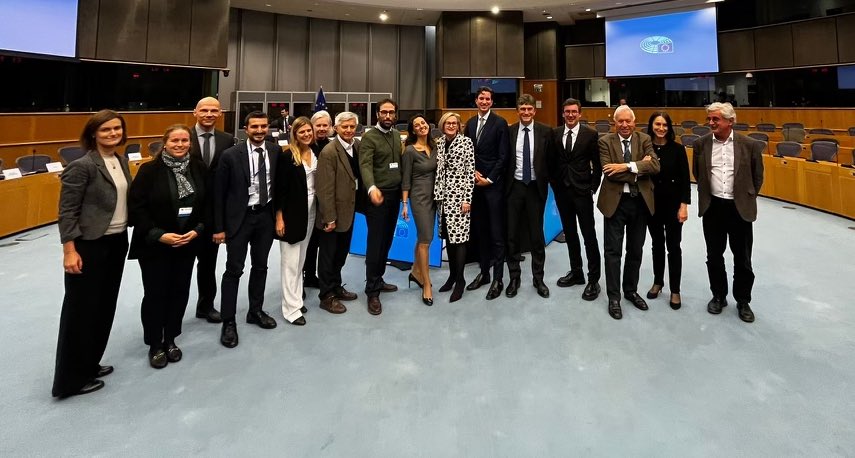The EU institutions have achieved a provisional agreement during yesterday’s trilogue negotiation, bringing good news for fintech companies and non-bank payment institutions. The deal, once ratified, will grant non-bank payment institutions, including e-money institutions and future regulated stablecoin issuers (referred to as e-money token issuers), direct access to central bank payment systems, such as the Single Euro Payments Area (SEPA).
Good news for fintechs and non-bank payment firms from Brussels🇪🇺
The EU institutions have reached a provisional deal on instant payments during yesterday's trilogue negotiation. As part of this deal, non-bank payment institutions (e.g. e-money institutions, including future… pic.twitter.com/7y3S9Zb3MY
— Patrick Hansen (@paddi_hansen) November 8, 2023
To make sure that retail clients and businesses, especially SMEs, will not have to wait for their money as well as to provide safe transfers, the agreement updates the Single Euro Payments Area (SEPA) legislation. Payment service providers (PSPs) such as banks, providing transfer services in euro, will be required to offer the service of instant credit transfers.
Member states whose currency is not the euro will also have to apply the rules, where the accounts already offer regular transactions in euros, after a longer transition period. There will be a special derogation for such accounts outside business hours given possible concerns about access to liquidity in euros.
Instant credit transfer
According to the agreement, an instant credit transfer is supposed to be executed regardless of the day or hour and immediately processed, so that the payee’s payment account is credited with the amount transferred within 10 seconds after the time of receipt of the payment order. The payer should be also informed within 10 seconds whether or not the funds transferred have been made available to the payee.
Where a payment order for an instant credit transfer in euro is submitted from a payment account that is not denominated in euro, a PSP should convert the amount of transaction from the currency in which the payment account is denominated into euro, immediately upon receiving that payment order.
While the agreement still awaits formal approval through votes in the EU Parliament’s committee and plenary sessions, as well as the Council (expected to occur within the next six months), the breakthrough marks a significant step forward for the fintech sector. During the transitional period of 12 months following the regulation’s enactment, member countries will work to implement this newfound access, subject to specific minimum conditions related to governance and capital.
This development heralds a major victory for fintechs and non-bank payment firms within the European Union, reducing their dependency on traditional banking partners. By allowing these institutions direct entry into central bank payment systems, the EU aims to level the playing field, fostering healthy competition and encouraging innovation in the realm of digital payments.
The agreement has received widespread acclaim, with Member of the European Parliament (MEP) rapporteur MP Hoogeveen expressing his enthusiasm over the outcome. He emphasized that “the EU payments systems as a whole will become more competitive.” Importantly, the negotiating team secured conditions that enable fintech companies to access the European Central Bank’s payment infrastructure directly, eliminating the need for intermediaries like banks and ushering in a new era of financial independence for these innovative companies.
This move is poised to unlock a wave of creativity and entrepreneurial spirit within the fintech community, driving forward the EU’s vision for a modern, inclusive, and technologically advanced financial landscape. As the regulation moves closer to formal approval, the future appears promising for fintechs and non-bank payment firms, heralding an era of unprecedented opportunities and growth in the digital financial sphere. Read Similar Story












